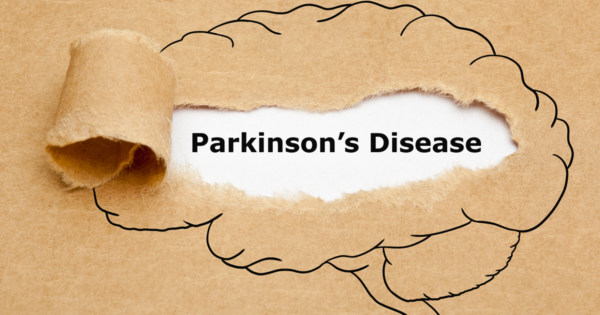
10 Feb To Your Health: Parkinson’s Disease, Lower Incidence Thru Diet!!
Part-time Telluride local, Dr. Alan Safdi, is a world-renowned internist and gastroenterologist with encyclopedic knowledge of mind-body wellness and preventative medicine. He posts regularly on Telluride Inside… and Out under the banner of “To Your Health.” Dr. Alan’s blogs feature the most current information in his fields: health, wellness and longevity.
Links to Dr. Alan’s podcasts and narratives on COVID-19 are here.
This week, the data in Dr. Alan podcast is not about the subject du jour, Covid. This week Dr. Alan turns his attention to diet and why people who consume high levels of vitamin C and E may have a lower risk of Parkinson’s disease than those who get only small amounts of those nutrients.
The narrative below provides additional information on the subject.

Parkinson’s disease is characterized by slow deterioration of the brain due to accumulated alpha-synuclein, a protein that damages nerve cells. That leads to the slow, stiff movements which many associate with the diagnosis. The disease leads to shaking, muscle stiffness, and characteristic slow movements of sufferers.
While movement problems are the main symptoms of Parkinson’s, people with the disease often have non-motor symptoms such as constipation, daytime sleepiness and depression 10 or more years before the movement problems start. A new study suggests that eating a healthy diet in middle age may be linked to having fewer of these preceding symptoms.
The study in the podcast is also very encouraging, so continue reading the story but do not forget to listen to the short podcast.
A study published in Neurology (August 19, 2020) involved 47,679 people who were asked about their diet every four years starting in the 1980s when they were middle-aged. Then, in 2012, the group was asked whether anyone experienced two conditions common in people who are later diagnosed with Parkinson’s disease: constipation and a sleep issue called rapid eye movement sleep behavior disorder, which includes acting out dreams during sleep by movement such as flailing arms or shouting or screaming. In 2014-2015, 17,400 of the participants were asked about five more symptoms that can precede Parkinson’s disease: loss of sense of smell, impaired color vision, excessive daytime sleepiness, body pain and depression.
Researchers looked at how closely people’s diets followed either the alternate Mediterranean diet, which is similar to the Mediterranean diet, but includes only whole grains and does not consider dairy or the Alternative Healthy Eating Index. Both diets encourage eating fruit, vegetables, whole grains, nuts and legumes and discourage eating red meat. They divided the participants into five groups based on how closely they followed the diets. Those in the high group for adherence to the Mediterranean diet were 33% less likely to have three or more symptoms than those in the low adherence group.
Although the name may suggest otherwise, Parkinson’s is not one, but two diseases, starting either in the brain or in the intestines. Which explains why patients with Parkinson’s describe widely differing symptoms and points towards personalized medicine as the way forward. That may also explain why diet may be such an important way to mitigate the risk of getting Parkinson’s disease in some individuals.
Some have damage to the brain’s dopamine system before damage in the intestines and heart occurred. In others, scans revealed damage to the nervous systems of the intestines and heart before the damage in the brain’s dopamine system was visible. In the case of body-first, it may be particularly interesting to study the composition of bacteria in the intestines known as the microbiota.
It has long since been demonstrated that Parkinson’s patients have a different microbiome in the intestines than healthy people, without medical professionals truly understanding the significance of that finding.
Now that we are able to identify the two types of Parkinson’s disease, we can examine the risk factors and possible genetic factors that may be different for the two types. The next step is to examine whether, for example, body-first Parkinson’s disease can be treated by treating the intestines with feces transplantation or in other ways that affect the microbiome
Dr. Alan, more:

Dr. Alan Safdi is board-certified in Internal Medicine and in Gastroenterology and is a Fellow of the American College of Gastroenterology. A proven leader in the healthcare arena, he has been featured on the national program, “Medical Crossfire” and authored or co-authored numerous medical articles and abstracts. Safdi has been involved in grant-based and clinical research for four decades and is passionate about disease prevention and wellness, not just fixing what has gone wrong. He is an international lecturer on the subjects of wellness, nutrition and gastroenterology.


Sorry, the comment form is closed at this time.